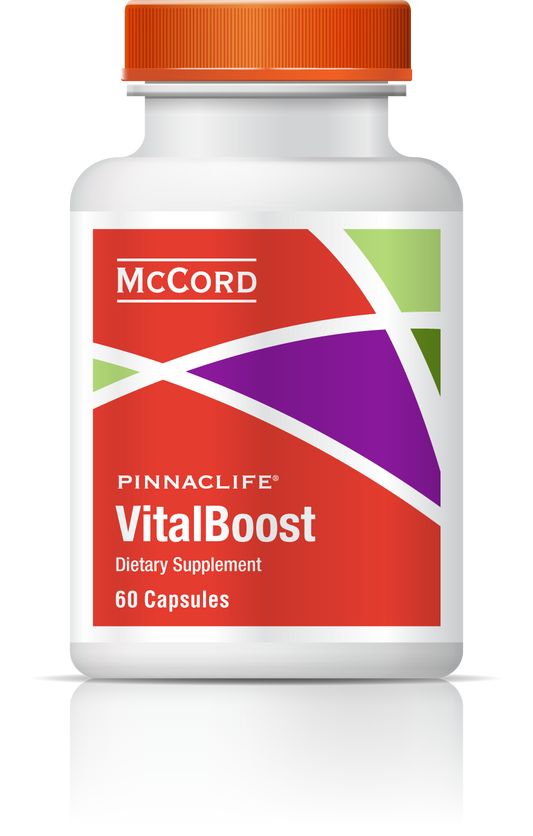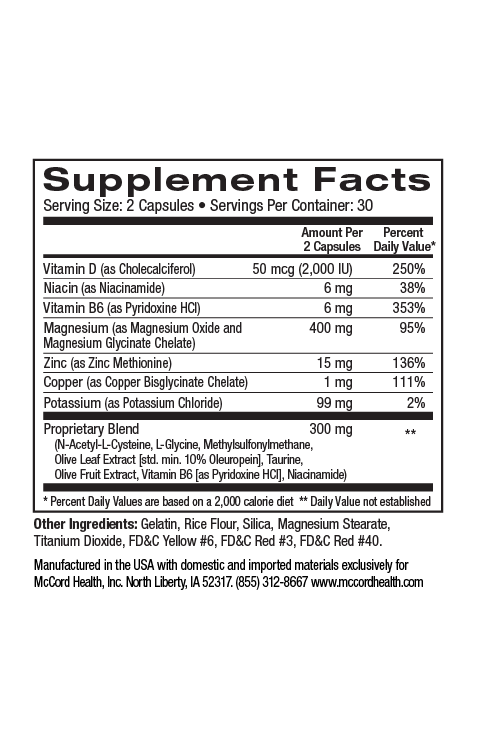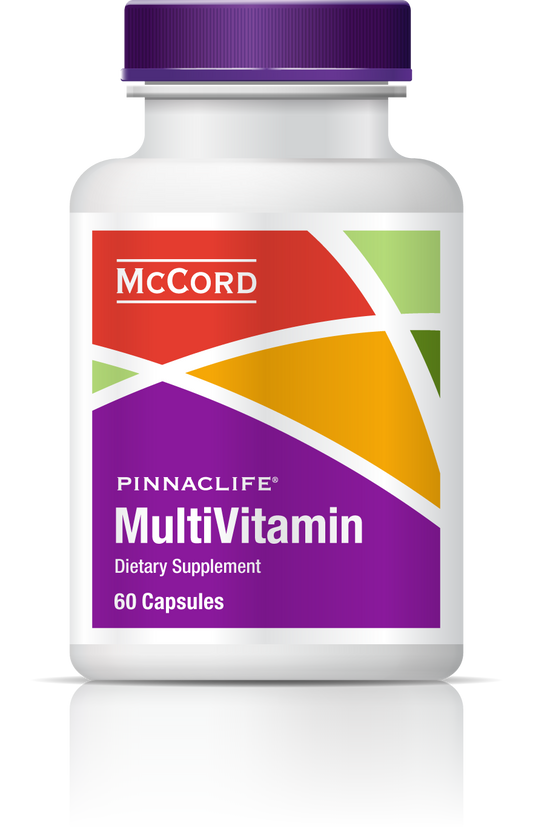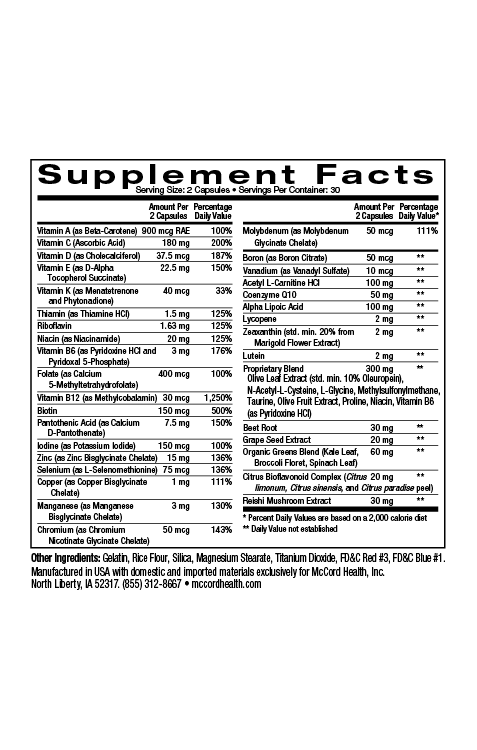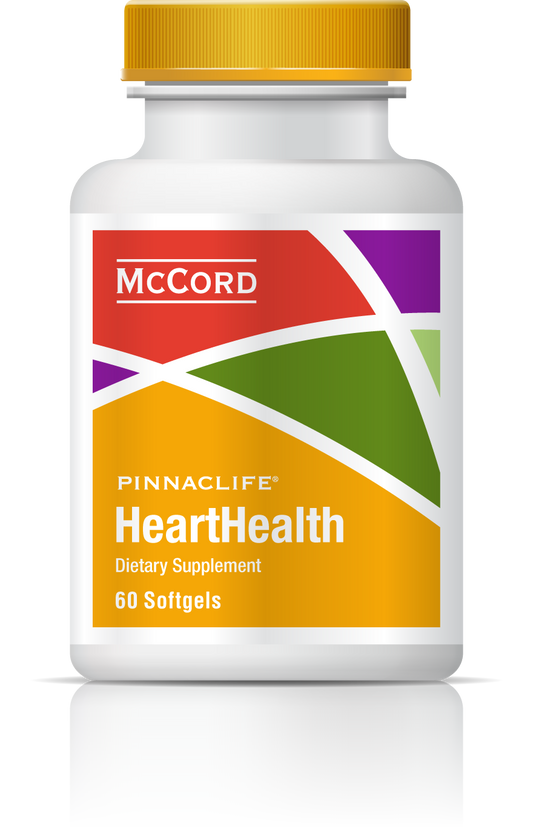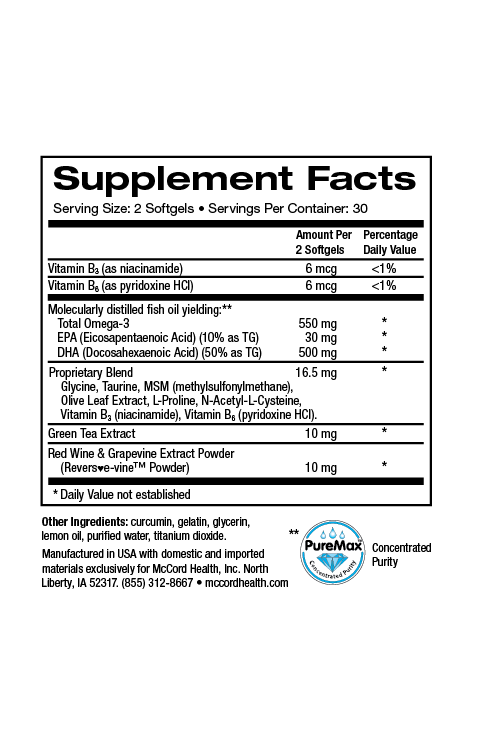In today’s fast-paced world, maintaining a strong immune system is more important than ever. With countless supplements flooding the market, it can be difficult to know which ones are worth your time and money. We’ve consulted with health experts to bring you a list of top supplements that can support your immune system and help you lead a healthier life.
1. Boosting Immunity with Vitamin C
Vitamin C is a classic immune booster, known for its ability to support various cellular functions of the immune system. Experts suggest incorporating it into your daily diet through supplements or naturally rich foods like oranges and bell peppers. This powerful antioxidant not only helps protect against free radical damage but also aids in regenerating other antioxidants in your body. In times of stress or illness, your body’s need for vitamin C may increase, making supplementation an effective method to ensure you meet the recommended daily intake.
If you’re considering adding vitamin C supplements to your routine, it’s crucial to choose a high-quality product. Look for options that contain bioflavonoids, which enhance the absorption and effectiveness of vitamin C. It’s also available in various forms, such as capsules, tablets, and powders, allowing you to choose the best option for your lifestyle. Consistent use, especially during cold and flu season, can significantly contribute to maintaining a functioning immune system.
2. The Power of Vitamin D
Vitamin D is crucial for immune function, especially during the winter months when sun exposure is low. Supplementation helps maintain optimal levels, reducing the risk of infections and bolstering overall health. This essential nutrient supports the respiratory system and helps regulate the immune response, providing a line of defense against respiratory illnesses.
Beyond its immune-enhancing benefits, vitamin D also plays a role in bone health, mood regulation, and cardiovascular health. With limited sun exposure, especially in colder climates, it’s beneficial to incorporate a vitamin D supplement into your daily routine. Choose supplements that include vitamin D3, as it’s more effective at raising and maintaining adequate levels in the body compared to other forms. Regular intake can provide a holistic boost to both your mood and immunity.
3. Zinc’s Role in Immune Health
Zinc plays a vital role in maintaining a healthy immune system. Its supplementation can help reduce the duration of common colds and enhance the immune response at the cellular level. Zinc is involved in numerous aspects of cellular metabolism and is necessary for the catalytic activity of approximately 100 enzymes. It aids in maintaining the structural integrity of proteins and the regulation of gene expression.
4. Understanding the Benefits of Elderberry
Elderberry supplements have gained popularity for their antiviral properties and ability to reduce cold and flu symptoms. Studies suggest regular intake can strengthen the immune defense. The dark berries of the elder plant contain anthocyanins, compounds with strong antioxidant properties, which help protect cells from damage and boost the production of cytokines, important signaling molecules in the immune response.
Incorporating elderberry into your routine can be a tasty endeavor, with options like syrups, gummies, and capsules available. While natural and effective, it’s essential to use elderberry products according to recommendations, as excessive use may lead to adverse reactions. Ensuring its place in your wellness arsenal, especially during peak flu seasons, could make a noticeable difference in your defense against viral infections.
5. Probiotics for Gut Health
A healthy gut is the foundation of a strong immune system. Probiotics help maintain a balanced gut flora, which is essential for an efficient immune response. The gut is home to trillions of bacteria, many of which work symbiotically to regulate immune function and protect against pathogens. By promoting the growth of beneficial bacteria and inhibiting harmful strains, probiotics support a healthy microbiome and enhance gut barrier function.
Including probiotic-rich foods like yogurt, kefir, and sauerkraut in your diet can naturally support gut health. For a more targeted approach, probiotic supplements offer a wide variety of strains with distinct benefits. These supplements may aid in reducing the duration and severity of cold symptoms, improving digestive health, and lowering the likelihood of respiratory infections. Regular use of probiotics as part of your wellness routine can enhance your body’s resilience against environmental threats.
6. Harnessing the Potential of Echinacea
Echinacea is renowned for its immune-boosting properties. It can be particularly useful during the cold and flu season to enhance resilience against infections. The herb contains active substances that can provide an immune-enhancing effect, including alkamides, glycoproteins, polysaccharides, and caffeic acid derivatives.
7. Curcumin’s Anti-Inflammatory Benefits
Derived from turmeric, curcumin is known for its anti-inflammatory effects. Regular supplementation can help modulate the immune system, enhancing its ability to fight off infections. Curcumin has been shown to downregulate the expression of pro-inflammatory cytokines and enhance the body’s antioxidant capacity, which is crucial for neutralizing harmful free radicals and reducing inflammation.
Curcumin supplements often come with added piperine, a compound found in black pepper, which increases its bioavailability and effectiveness in the body. Consistent use not only supports immune function but can also alleviate symptoms related to chronic inflammation, such as joint pain. Including this golden spice or its extract in your diet can lead to improvements in overall health and resilience.
8. Garlic for Its Antiviral Properties
Garlic is more than just a kitchen staple; it has strong antiviral and antibacterial properties. It is effective in boosting the immune system and reducing the severity of colds. Garlic contains allicin, a compound with antimicrobial effects, which is released when garlic is crushed or chopped. This powerful compound helps fight off viruses and bacteria, supporting the body’s natural defense mechanisms.
Incorporating garlic into your diet can be done through fresh cloves or supplements like garlic oil and extract. Its immune-boosting capabilities are well-documented, with studies showing that regular consumption can reduce the frequency and duration of illnesses, particularly the common cold. With its rich flavor and multiple health benefits, garlic remains a compelling addition to both your culinary and wellness practices.
9. Exploring the Wonders of Astragalus
Astragalus has been used in traditional Chinese medicine for its immune-supportive properties. It is believed to enhance the body’s defense against seasonal infections and stress. This adaptogenic herb helps balance the body’s response to stressors, positively affecting immune health by protecting cells from oxidative stress.
Commonly consumed in the form of teas, capsules, or tinctures, astragalus is praised for its ability to stimulate the immune system while reducing inflammation. Regular use may lead to improved energy levels and increased resilience during flu season, making it a beneficial addition to your natural health regimen.
10. Selenium for Cellular Protection
Selenium is a potent antioxidant that protects cells from damage. Including selenium supplements can enhance immune response and protect against harmful pathogens. Selenium is known to play a role in the production and function of white blood cells, which are integral to the body’s immune defense.
A balanced diet typically provides adequate selenium, but those with restricted diets might require supplementation. Consider supplements that provide selenium in forms like selenomethionine, which have optimal absorption and efficacy. Proper selenium intake not only supports immunity but also maintains thyroid function and promotes cardiovascular health.
11. Reaping Benefits from Mushroom Extracts
Mushroom extracts like reishi, shiitake, and maitake are gaining popularity for their immune-modulating effects. Regular supplementation can improve immune function and endurance. These mushrooms contain bioactive compounds like beta-glucans, which enhance the immune system by activating various immune cells.
By incorporating mushroom extracts into your diet, you can potentially improve your body’s response to infections and reduce inflammation. Available in powdered, capsule, or extract forms, these superfoods are becoming a staple in immune-supportive diets. Exploring the diverse world of medicinal mushrooms could pave the way for a stronger, more resilient you.
12. The Influence of Omega Fatty Acids
Omega fatty acids, found in fish oil supplements, are essential for reducing inflammation and supporting immune health. They are particularly beneficial for maintaining a well-balanced immune system. Omega-3 fatty acids like EPA and DHA play a critical role in cell membrane structure and function, facilitating communication between immune cells and moderating inflammation.
For those who do not consume enough fatty fish, fish oil supplements offer a convenient source of omega-3s. Vegan options, such as algae-based supplements, are also available. Incorporating omega fatty acids into your routine can support cardiovascular health, enhance brain function, and fortify immune defense, making them integral to a holistic wellness strategy.


